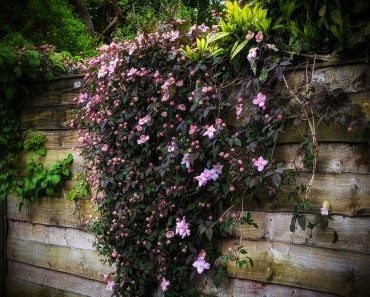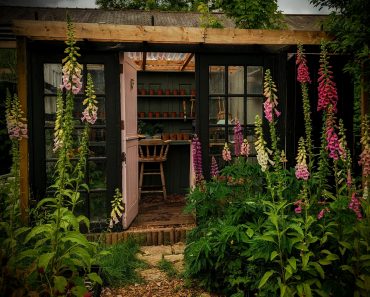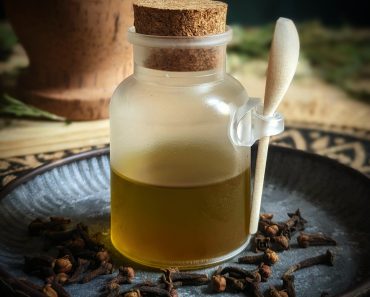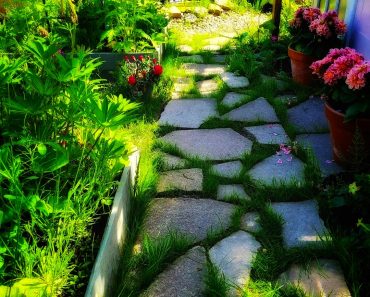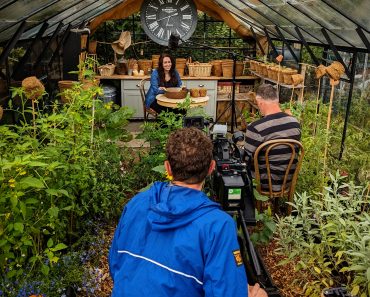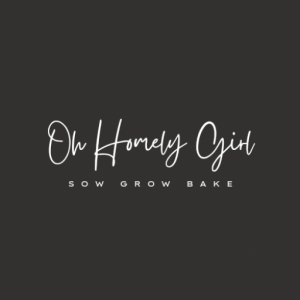Learn how to harvest and Prepare Nettle Tea. Find out the benefits and healing power of this mostly unappreciated plant. Not a weed but a warrior!

What is Nettle?
At some point in your life you will have come across Nettle and i’m willing to bet, that you felt it, before you saw it! Who hasn’t scrambled for a dot leaf to soothe the intense stinging sensation left behind, little bumps of pulsating pain that develop within moments of contact! Delightful little plants!
Nettle, or stinging nettle, originates from northern Europe and Asia.
Its scientific name is Urtica dioica, the leaves and stems are covered in tiny, stiff hairs. The hairs are the stingers! they release stinging chemicals when they come into contact with your skin (usually the ankle Area!) But its not all bad news! This plant which we all aim to avoid, can actually be a useful friend.

Natural Medicine!
The leaves, stem, or root of the nettle plant can be crushed and made into powders, creams, tinctures and teas. It has been used for centuries in this way as a herbal medicine. Today, modern research supports the many potential health benefits of nettle. Nettle tea, which I will be focusing more on during this post can provide a plethora of benefits.
What is Nettle tea good for?
Urinary Tract Health
Nettle tea can be helpful in flushing harmful bacteria from the urinary tract. This can benefit people who have urinary conditions.
Arthritis and Joint Pain
My husband swears by my Nettle tea, he suffers from time to time with Joint inflammation and the nettle tea helps him manage the pain associated with it.
Nettle has historically been used to treat pain, sore muscles and Arthritis. There are many studies and personal stories like ours that can attest to the benefits of nettle tea. It has also been found to be a very useful tonic for managing pain and inflammation caused by Osteoarthritis.
Blood sugar
Studies have shown that Nettle had some promising effects on blood glucose levels. It showed some advances in helping the pancreas make or release more insulin, the hormone that lowers blood sugar.
The Nettle plant actually contains compounds that may mimic the effects of insulin. There are many Diabetics whom swear by Nettle Tea or Nettle Capsules as an aid in their Blood Sugar Management.

Where To find Nettle?
The common nettle plant is abundant and spreads quite easily. In the UK it is mostly native to riverbanks and in hedgerows, Woodland and grassy places. Nettles grow to around 2-5 ft tall and have coarsely toothed, pointed leaves that can be several inches long.

Can You Eat Nettle leaves
Yes! When cooked, nettles taste like a mix between Cucumber and Spinach. They make a wonderful addition to sauces, risottos and soups.
When and How to Harvest Nettle Leaves
When should you pick Nettle leaves? Nettle leaves are at their best and most potent when very tender, pick in the spring when the nettles are just coming up. Be sure to use protective gloves!
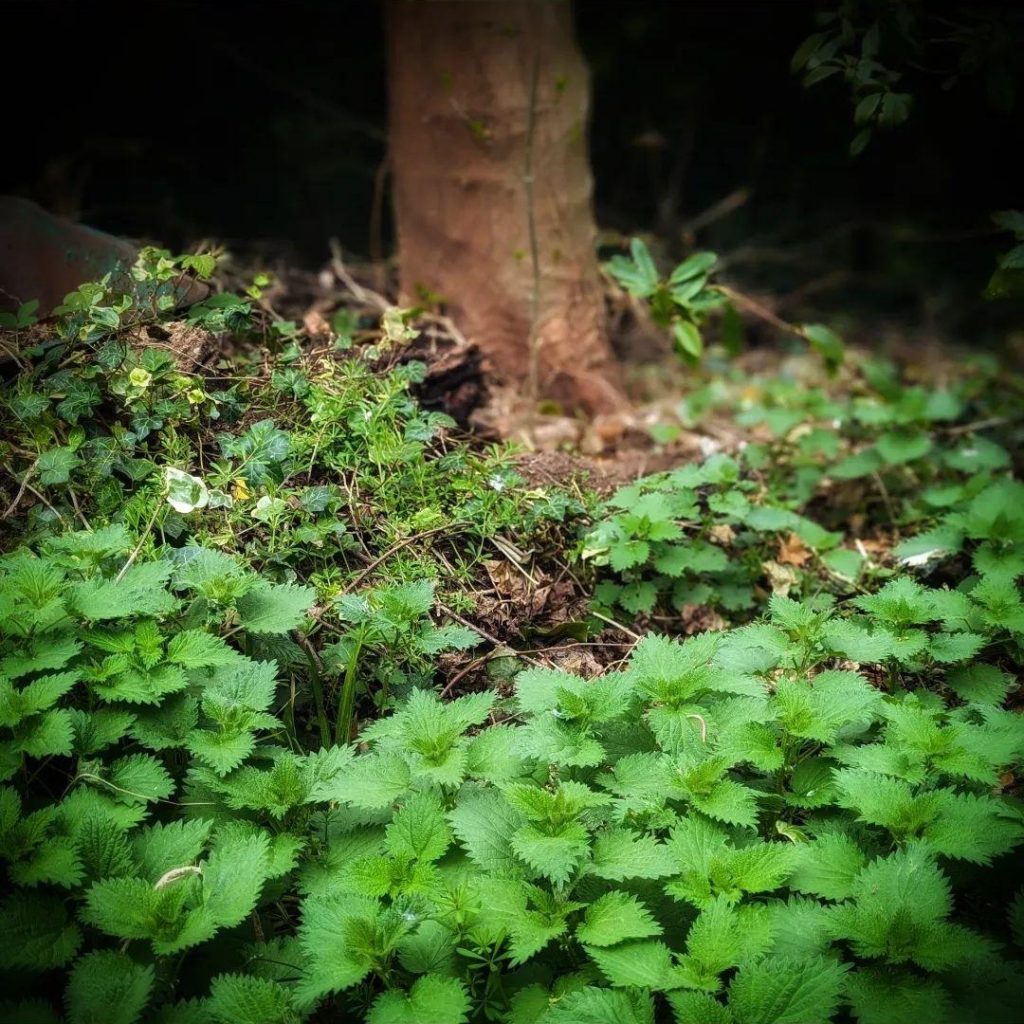
How To Dry Nettle Leaves
Once picked lay the leaves out flat on brown paper or newspaper, out of direct sunlight to wilt and dry up. Alternatively, pop them in a dehydrator on the lowest setting for around 12 hours until dry and Crispy.
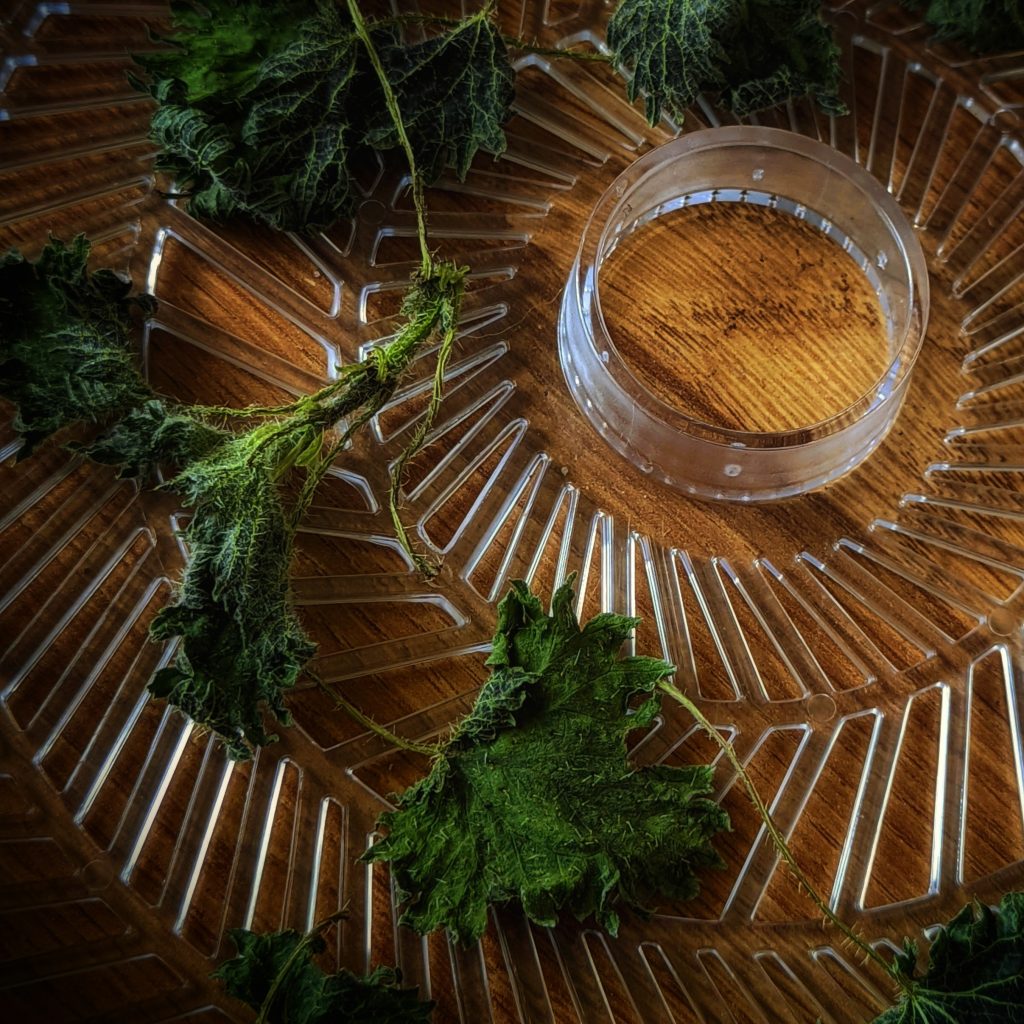
Storing Nettle Leaves Long Term
If you intend to store them long term for up to 1 year, be sure to dry them first through the process described above. Just placing fresh leaves in a jar will only encourage mould to form, so its very important they are completely dry and free of any moisture before storage. Store in an airtight, clean jar and store out of direct sunlight for up to 1 year
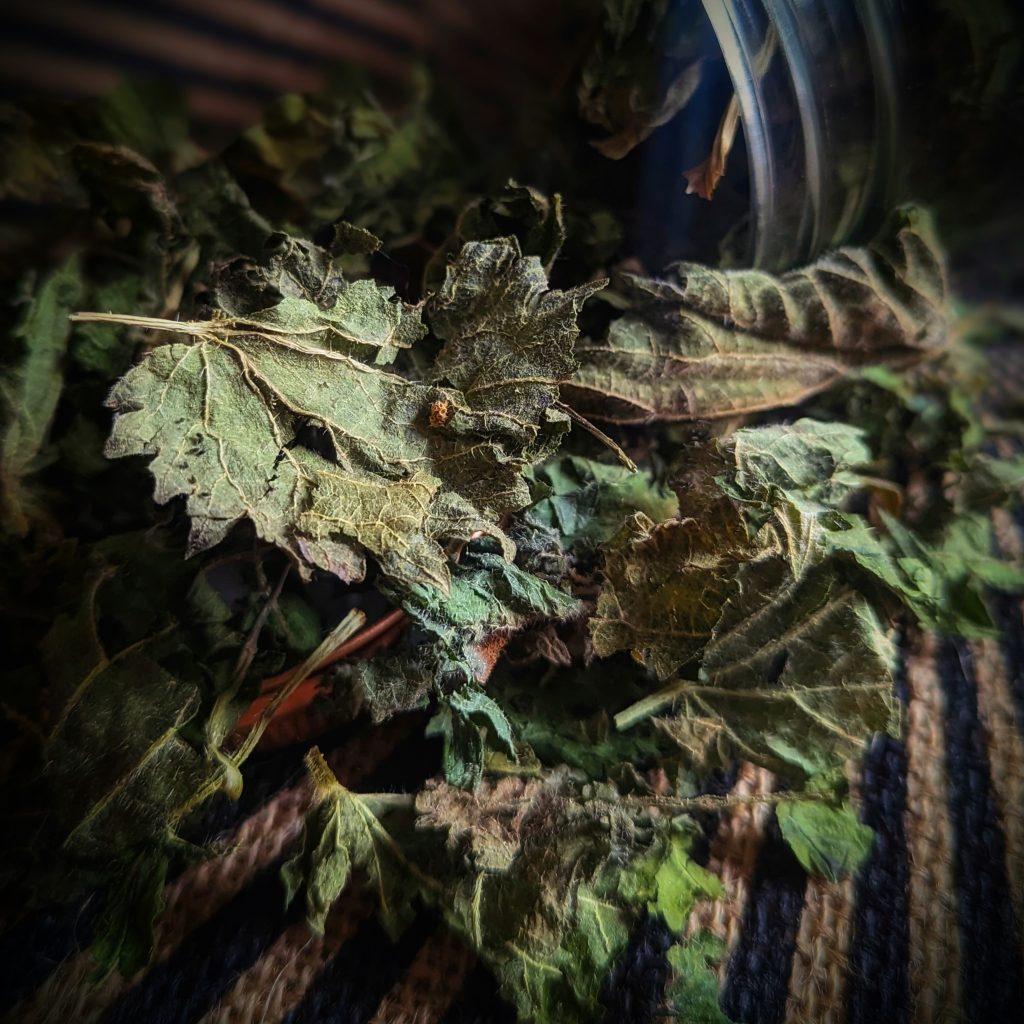
Foraging Etiquette
There are some rules you should abide by if you intend to forage for food, or for foliage.
Only take what you need-Take no more than you plan to consume or use and try to forage over a wide area rather than picking from one patch. Make sure you’re foraging doesn’t disturb the habitats and environments of the local wildlife.
Leave No trace– Leaving no trace of your presence is a sign you have foraged responsibly. Do not trample or disturb roots and only take when there is an abundance of your chosen food or foliage. This allows the plants to replenish and renew.
Don’t Pick from Private land – If you intend to, be sure to get permission first.
Only Pick from Clean areas – Avoid Roadsides, Industrial areas & Top tip* Foraging from the base of a tree for example would not be wise, the likeliness of a dog previously cocking its leg there…is high! If you intend to consume what you have foraged, wash first.

How to make Nettle Tea
Affiliate Links
Nettle tea can be bought online easily enough or you can harvest your own like I do! To make a Tea from freshly picked leaves.
Fresh Leaves
- Add 2 mugs of water and 3-4 leaves to a small saucepan.
- Bring the water to a boil.
- Turn off the heat and let the leaves steep for 5 minutes.
- Pour the water through a small strainer into a mug
- Add a little honey, cinnamon, or sugar. (I personally quite like the earthy flavour of Nettle tea, so rarely add anything to it) and serve!
Dried Nettle Leaves
- Add 1 tsp of dried Nettle leaves to a tea ball, then place it in a mug.
- Por just Boiled water in the cup completely submerging the tea ball
- Allow to steep for 5 minutes
- Remove the tea ball and drink
Useful Affiliate Links for Nettle Tea
Looking for more Natural Remedies?
Come and say Hi!
For more homely inspo visit me on Instagram
*Any specific health claim or nutritional claims or information provided on the Website are for informational purposes only. Nothing on the Website is offered or intended to be a substitute for professional medical, health, or nutritional advice, diagnosis, or treatment. This Website is not intended to diagnose, treat, cure or prevent any disease. You assume full responsibility for consulting a qualified health professional regarding health conditions or concerns.

